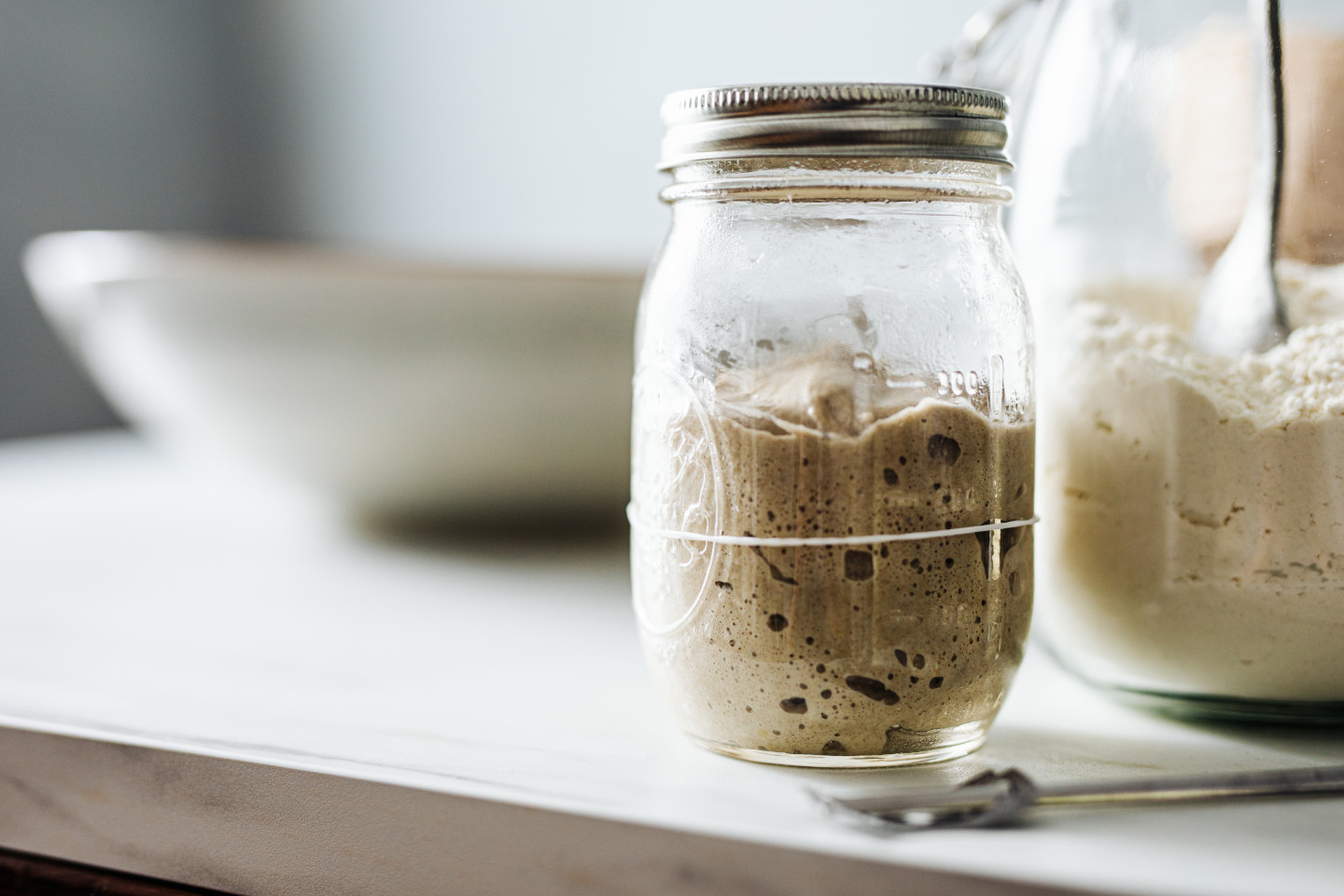
Sourdough refers to a natural fermentation process that involves undomesticated bacteria and yeast. Instead of using packaged baker’s yeast, a fermenting mixture of flour and water containing wild yeast and bacteria is used to make the dough rise. This mixture is referred to as a “starter” and sometimes lovingly as the “mother.”
Naturally occurring wild yeasts tend to create more complex flavors than their commercially available counterparts. Lactobacillus–the tangy bacteria found in sour beers and yogurts–creates lactic acid during fermentation, which gives sourdough its signature tartness.
The four sourdough recipes below are perfect introductions to another realm of fermentation for homebrewers to explore.
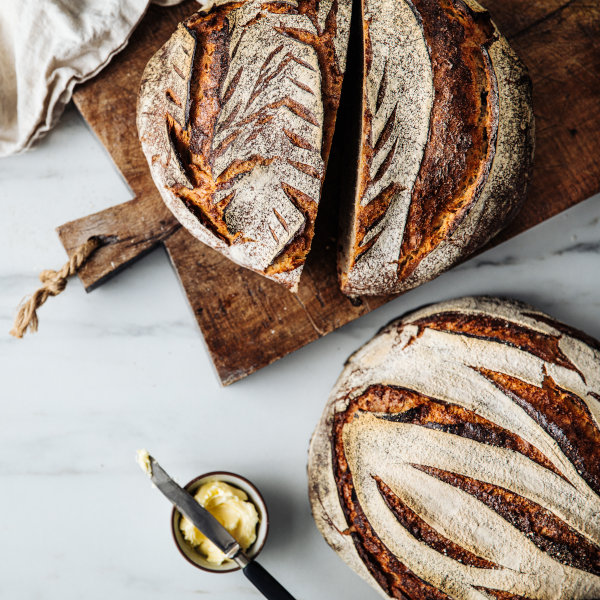
Dutch Oven Bread
This is a light, airy, crusty sourdough bread recipe that looks and tastes just like the sourdough from your local artisan bakery, and it’s very easy to make.
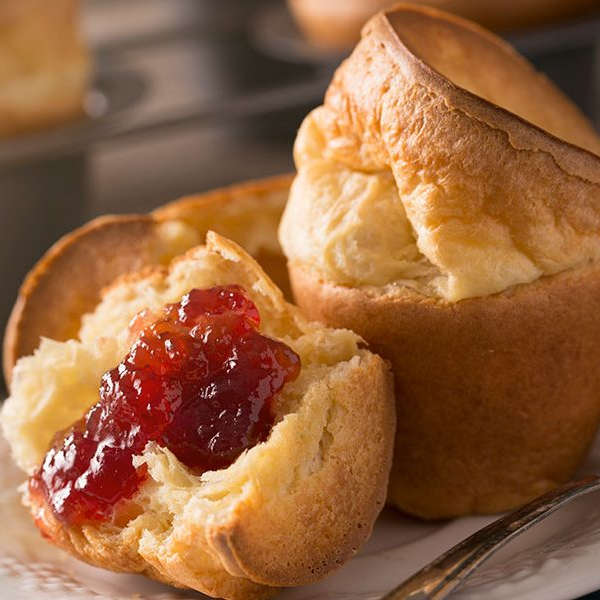
Popovers
This sourdough popover recipe is a last-minute breakfast solution that doesn’t involve a pre-ferment and can save a half-cup starter withdrawal from going down the drain (or into the compost).
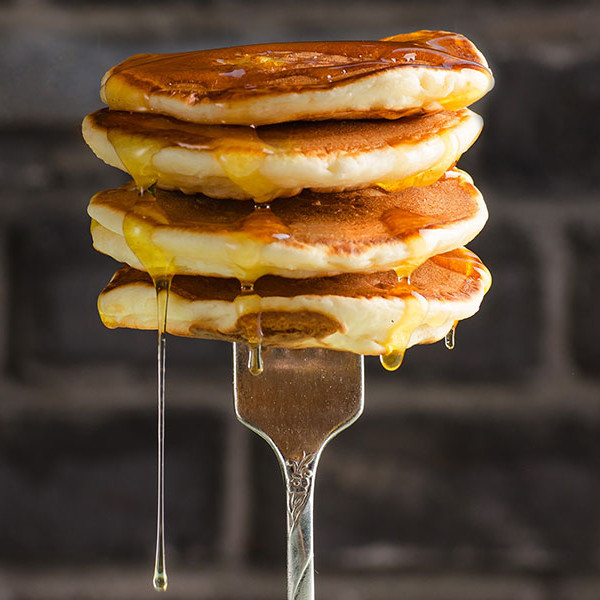
Pancakes & Waffles
While many sourdough pancake recipes are simply standard 5-minute morning-of recipes that call for a sourdough starter addition to lend a bit of tang, this recipe incorporates an overnight, do-ahead pre-ferment.
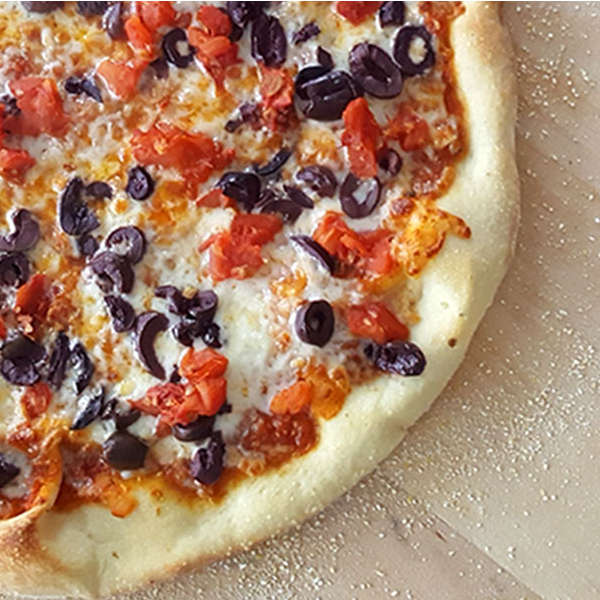
Pizza Dough
This particular sourdough pizza dough recipe uses a pre-fermented dough—sometimes bakers refer to this as a sponge or poolish—to develop flavor and consistency.
All of these recipes are featured in the May/June 2020 Zymurgy magazine. Check out the “You Can Ferment That” column in each issue for even more beyond-beer fermentation projects for homebrewers! Join the AHA to get instant access to the Zymurgy Online archive.



Share Post